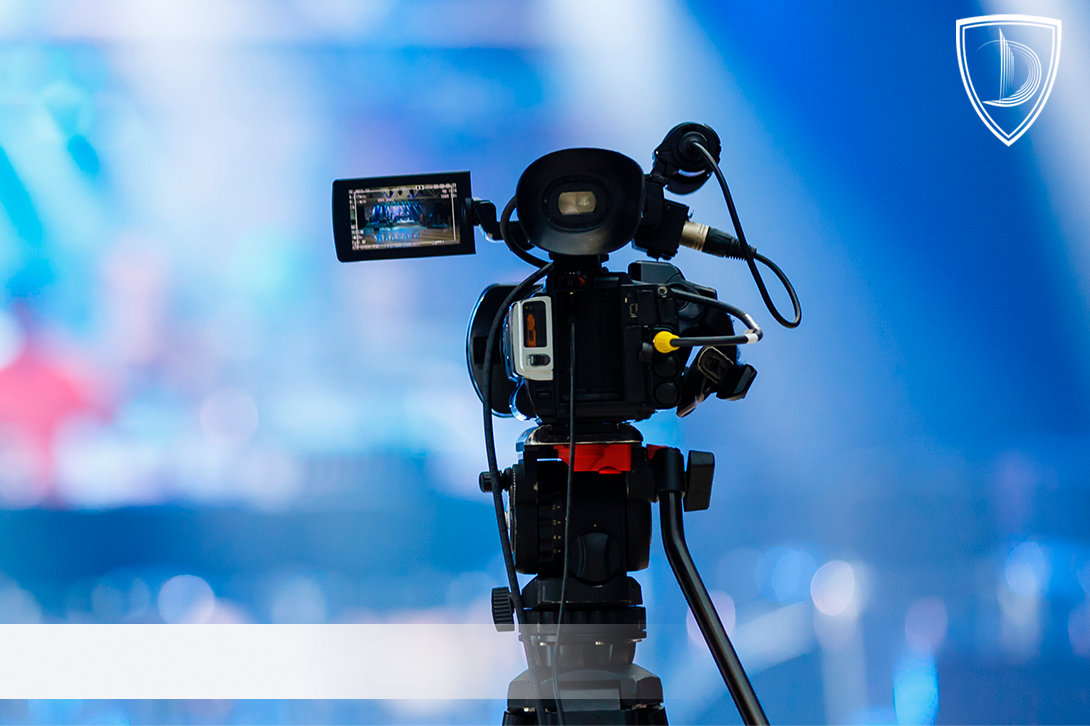The goal of journalism is to objectively and comprehensively inform society about social activity and the sphere of life.
An entity that collects, creates, edits, forms information for the editorial office of a registered mass media, connected with it by labor or other contractual relations, or does it on its own initiative and is a journalist.
A journalist or his relation to mass media can be identified by an official ID or an editorial ID or a document issued by a mass media, its editorial office or a creative or professional journalistic union.
The main task of a journalist is to gather information. It is during this type of information gathering that crimes are most often committed both by the journalist himself and against journalists. Therefore, there is a very thin line between the legitimate professional activity of journalists and interference in personal and family life.
Presence or absence of intent to commit the crime provided for in Art. 171 of the Criminal Code of Ukraine is very important. It should be proven that the suspect or the accused was aware that the person filming him on a video camera is a journalist.
The violation of Article 32 of the Constitution of Ukraine on the right to privacy is, in particular, the fact that the person conducting the video recording was without any identifying mark of a journalist, did not introduce himself to the accused as a journalist and was filming without his consent.
The composition of the criminal offense provided for in Article 171 of the Criminal Code of Ukraine does not exist if the prohibition of the suspect or the accused to conduct video recording concerned him exclusively as a private person and was not aimed at obstructing the legitimate activity of journalists due to not realizing that the persons who conducted the video recording were journalists.
That is why society, including journalists, must understand where their private right ends and the rights of others begin
Oleksandr Chornukha, attorney at Dynasty law & investment

